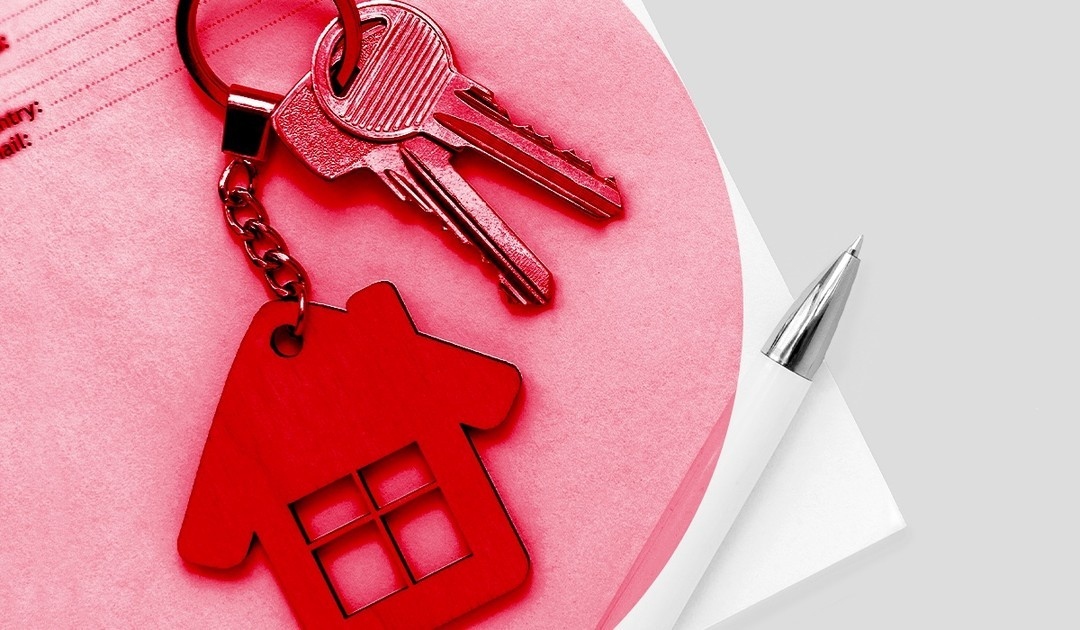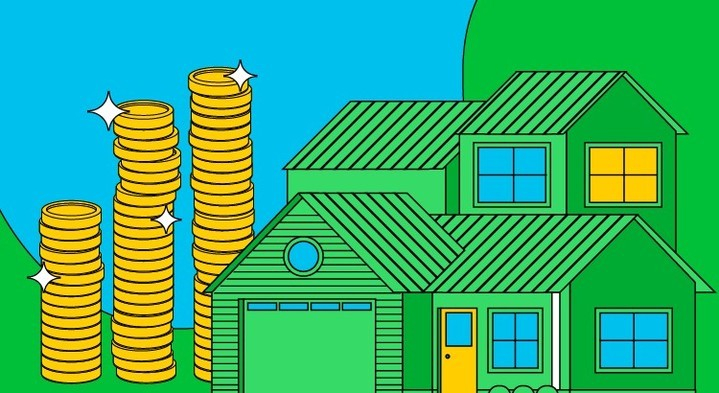It is highly likely that at some point, you will sell your home, as it is rare for individuals to live in their first home for their entire lives. While selling a house is typically less complex than buying one, many people do not sell their homes in the best possible manner, despite this fact.
Once news spreads that you’re thinking of selling your home, real estate agents may flock to you like mosquitoes to a person stranded on a desert island. Furthermore, the IRS and state tax authorities may be eager to take a cut of your profits when you do sell, especially if you haven’t taken the time to comprehend tax laws and how they can be advantageous to you. This article will discuss crucial considerations to keep in mind before selling your home.
Why are you selling your house?
Begin with the fundamentals. Before selling your home, it’s important to evaluate your reasons for doing so. While upgrading to a bigger and better home may seem appealing, it’s crucial to ensure that it won’t put you in financial distress. Relocating for work or experiencing significant life changes may require selling your home, but it’s important to weigh the pros and cons before making a decision.

Before selling your home, it’s important to evaluate your reasons for doing so. Changing jobs or experiencing significant life changes may require you to sell your home, but it’s important to weigh the pros and cons before making a decision. Shel Home from @luis4titleandescrow
Can you afford to buy the next home?
Buying a more expensive property in the real estate industry is called “trading up.” However, it’s important to evaluate if you can really afford it, which mortgage lenders or agents can’t answer for you. They can only tell you the maximum amount you can spend based on your income and down payment, but not what you can afford while still achieving other financial and personal goals. Before buying a new home, you should understand how much you can realistically afford, especially if your income and assets haven’t increased significantly since your last home purchase. It’s crucial to assess how an increased monthly expense on a home will affect your ability to save for retirement, which is the most important consideration for most people.

Assessing your financial situation can provide you with information about the upper limit of your spending capacity, taking into account your income and down payment. However, it does not necessarily indicate the amount you should spend while still being able to achieve your other financial and personal objectives. Buy Home from @luis4titleandescrow
What’s is your house worth?
Before selling your home, it’s crucial to know its actual value. Working with an agent can help you analyze the current market prices of similar properties in your area. It’s not wise to overprice your home, hoping to get more than its actual value, as it’s unlikely to attract informed buyers. Gradually reducing the price may also make buyers hesitant to purchase due to the extended time on the market, resulting in difficulty obtaining the full value of your home.

Before selling your home, it’s important to know its true value. You can analyze the current market prices for similar properties in your area. Gradual price reductions can also discourage buyers from buying because they have been on the market for a long time, resulting in difficulty getting the full value of your home. House Worth from @luis4titleandescrow
Have you done your homework to find a good real estate agent?
Homeowners often seek help from a real estate agent to sell their properties. A skilled agent can assist with preparing the home, marketing it, and obtaining the highest sale price. It’s important to select an agent who can devote enough time to your listing and has the necessary expertise to sell your home. The cost of buying and selling a home is significant, so it’s crucial to choose an agent wisely. It’s also important to note that the agent who helped you buy the property may not be the best option for selling it.

Enlist the help of an agent to help get the house ready, market it, and get the highest selling price. The cost of buying and selling a house is quite significant, so it is very important to choose an agent wisely. Real Estate Agent from @luis4titleandescrow
Do you have the skills to sell the house yourself?
While some property owners may have the necessary skills and time to sell a house themselves, most do not. The appeal of avoiding the 5 to 7 percent sales commission that agents ask for may entice you to sell the house yourself. However, it’s important to remember that half of this commission goes to the buyer’s agent, and since most buyers work with agents, you may only save yourself 2.5 to 3.5 percent of the final selling price.
Whether you decide to sell the house yourself or hire an agent, it’s essential to interview several agents who know your neighborhood well and ask them to provide a comparable market analysis for your property. Determine your asking price based on what similar properties have sold for in the past six months.
If you’re searching for an agent, ask each one for a list of all the houses they’ve sold over the past 12 months, so you can obtain references from property sellers who’ve worked with them.

Determine your asking price based on the selling prices of similar properties in the last six months. If you’re looking for agents, ask each of them for a list of all the homes they’ve sold in the last 12 months, so you can get references from any sellers they’ve worked with. Medsos House Shell from @luis4titleandescrow
Have you properly prepared the house for sale?
To successfully sell your property, you need to prepare it before putting it up for sale. This means cleaning and decluttering the house, as well as possibly considering staging it to impress potential buyers. Staging involves hiring a professional who can highlight the best parts of your property and downplay the less desirable features. This can be done without breaking the bank, and the small investment can lead to big returns.
It’s generally not recommended to undertake major home improvement projects, such as kitchen renovations or room additions, when you’re preparing to sell your house. These projects tend to be costly and time-consuming, and the additional sales price you might receive is often not enough to make up for the extra expenses and hassles.

You have to pay attention to the cleanliness and comfort of your home when you want to sell it. This means cleaning and tidying up the house, and perhaps considering staging to impress potential buyers. This can be done without breaking the bank, and small investments can generate big returns. Prepare Shell Home from @luis4titleandescrow
Do you understand the house’s hot buttons?
The key to selling a home is to focus on the unique features that will appeal to potential buyers, rather than the home as a whole. These features, known as hot buttons, can vary from property to property. Examples of hot buttons include attractive kitchens or bathrooms, fireplaces, scenic views, and well-maintained gardens. For some buyers, the location of the property may be the most important hot button, particularly if they have a specific neighborhood in mind.

Having this unique room can add to the appeal when selling a home. Wall art made of metal can be the center of attention and attract buyers for your home. Unique Wall Art Dining Room from @magenhgallery

This open house design has a unique room that will add attractiveness of your home. Having this kind of classic style is a plus. This unique headboard equipped with LED lights will provide a perfect design. Unique Headboard from @makstersmanor

This child’s bedroom has a unique bedding set that feature an interesting design. This Hello kitty shaped bedding can add value to your home that is so unique . Hello Kitty Bedding Set from @tikipu
What are the financial ramifications of selling?
To prepare for selling your house, it’s important to consider the financial implications of the sale. This includes determining how much money you will need to spend on repairs or improvements and how much profit you should expect to make in order to afford your next home.

Consider the important financial implications for the sale of a home. This includes determining how much money you need to spend on repairs or upgrades and how much profit you should expect. Financial Ramifications from @luis4titleandescrow
Do you know the rules for capital gains taxes on the sale of a house?
Most home sellers don’t have to pay taxes on the profits they make from selling their homes because of a tax break. If you have owned and lived in the home for at least two of the previous five years, you may exclude up to $250,000 of profit if you’re single, or up to $500,000 if you’re married and filing jointly. You can use this exclusion only once every two years. If you have lived in the home for only one year and you are unable to care for yourself, or if you have lived in a health care facility, you may still qualify for the exclusion. However, if your profits exceed these limits, you may owe taxes on the amount that exceeds them.

Most home sellers don’t have to pay taxes on the profits they make from selling their homes because of tax breaks. This is the way you should pay attention when buying a new home. Capital Gains Taxes from @luis4titleandescrow





















